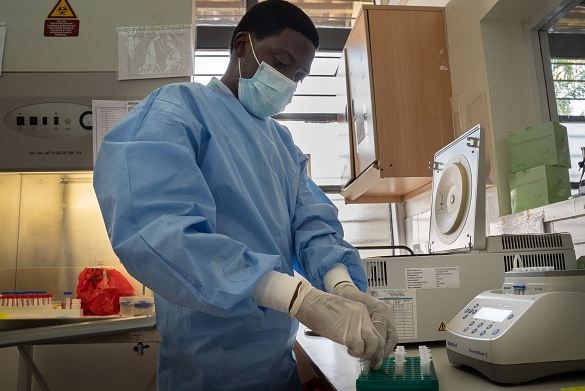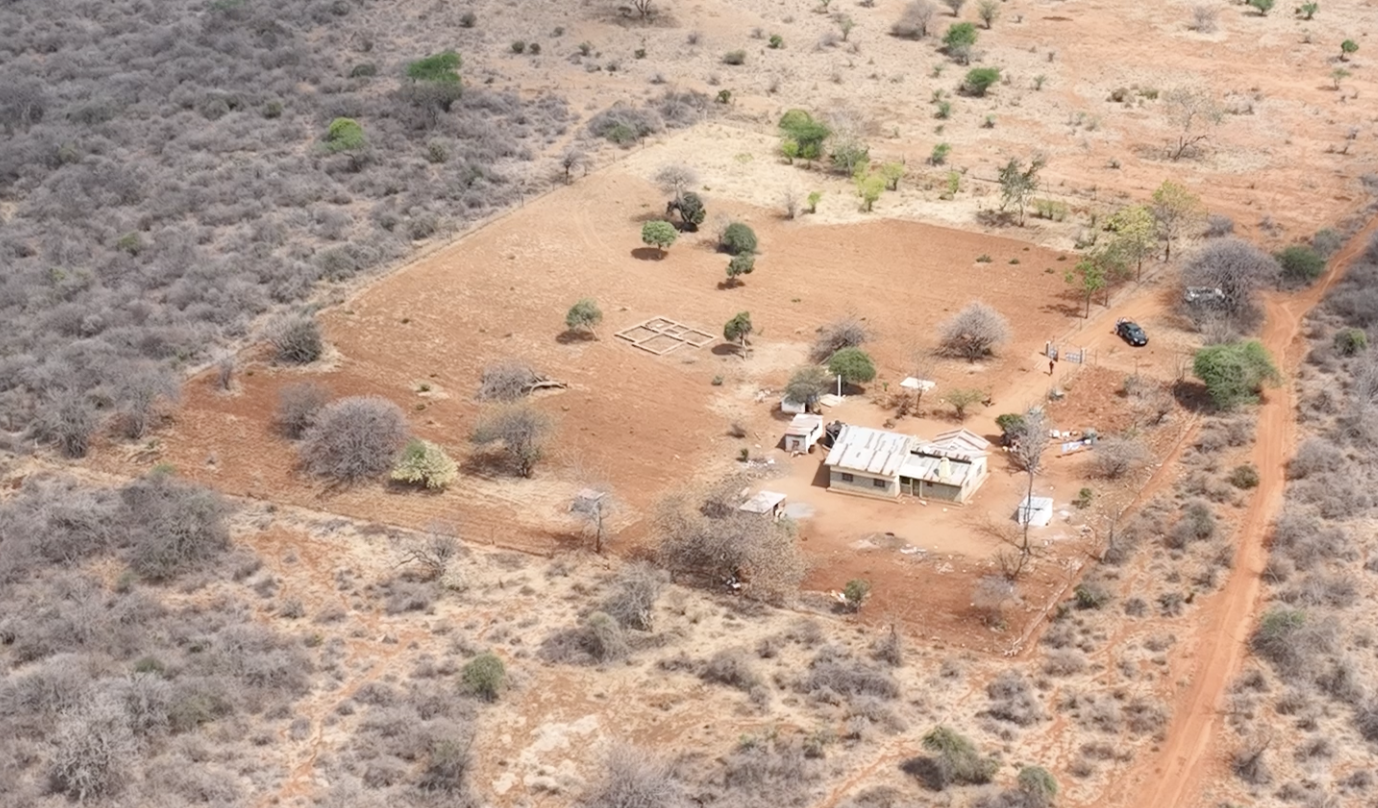
Rwandan researchers devise innovative approach to COVID-19 testing

Researchers in Rwanda have captured attention beyond Africa with an innovative technique of testing for COVID-19 amid an ever-increasing demand for more tests.
The researchers adopted a mathematical approach whereby they use a set of rules to refine pooled testing. This process sees batches of samples from groups of people tested and then each person individually is tested only if a certain batch tests positive for COVID-19.
The researchers say this method has several benefits especially for developing countries which may not possess adequate resources for testing. They also said that the method will be faster and highly effective in areas where the spread of the virus is relatively low.
The method was developed by an epidemiologist named Wilfred Ndifon, who is also a director of research at the African Institute for Mathematical Sciences Global Network in Kigali.
Ndifon told the Associated Press that the method was being developed into software to make it easier to make the calculations.
He said that lab technicians will continue to handle their normal responsibilities as the software will indicate to them how many samples to put together for testing and, eventually, how many samples are infected.
“In terms of visual representation, it’s quite beautiful,” Ndifon said.
Researchers said that they were able to identify a positive sample in a pool of 100 with the failure rate being 0.001 percent.
In addition to the already mentioned benefits, Ndifon said that this method will save more than half of the $50 it costs to do a test for COVID-19 in Rwanda.
Leon Mutesa, a member of the government’s COVID-19 task force said: “It’s quicker and saves money. So we have been able to test many people.”
South Africa, the country on the continent with the highest COVID-19 burden, is reported to be one of a number of countries interested in using the approach, according to the researchers.






